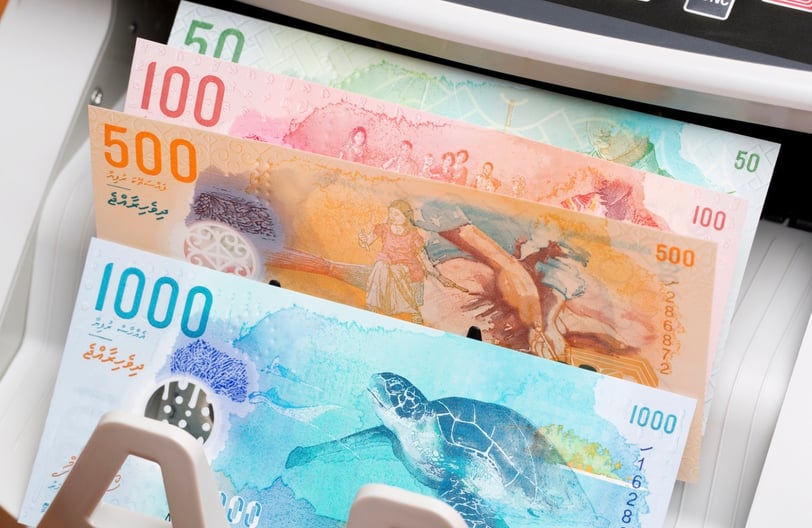How Small Businesses Can Manage Finances in a Sluggish Maldivian Economy
Struggling in the Maldives’ tough economy? Discover practical tips for small businesses to manage cash flow, cut costs, and stay financially strong.
Hamdhaan A Ghani
7/8/20252 min read


The Maldivian economy has taken some heavy hits in recent years—from the pandemic’s blow to tourism to rising costs of imports and a weaker rufiyaa. For small businesses, it’s become tougher to keep cash flowing and stay afloat. But even in hard times, smart financial management can make the difference between surviving and shutting doors.
Here’s how small businesses in the Maldives can manage their finances wisely in a challenging economy.
1. Know Your Numbers—Even the Small Ones
Many small business owners run on instinct: “I think I’m making enough money.” But tough times demand certainty, not guesses.
• Track daily sales and expenses so you always know your cash position.
• Review profit margins on each product or service. What looks profitable might actually cost you once you factor in overheads.
• Watch currency fluctuations if you’re importing goods—it’s a hidden expense that can erode your margins quickly.
A clear view of your numbers helps you react faster and smarter when things change.
2. Protect Your Cash Flow Like Your Life Depends On It
Because it does. Many businesses close not because they’re unprofitable—but because they run out of cash to pay suppliers, rent, or staff.
• Invoice quickly and follow up on late payments. The sooner you bill, the sooner you get paid.
• Keep a cash reserve, even if small, to cover unexpected costs or drops in sales.
• Negotiate better payment terms with suppliers where possible. Extending your payables—even by 10–15 days—can ease cash strain.
• Avoid tying up cash in too much stock. Balance having enough inventory without overloading your shelves.
3. Cut Costs—But Wisely
Cutting costs doesn’t mean cutting corners. Instead, look for non-essential expenses you can trim:
• Subscriptions or services you no longer use
• High electricity or water bills—could you operate more efficiently?
• Marketing that doesn’t bring returns—shift budget to digital channels where you can measure results
However, avoid slashing spending on things that drive revenue—like quality materials, good customer service, or essential staff.
4. Consider Outsourcing Instead of Hiring
Hiring full-time staff in this economy comes with salary costs, pension contributions, office space, and equipment. For tasks like admin, bookkeeping, or digital marketing, outsourcing can be a lifesaver:
• You pay only for the work you need
• You avoid regulatory burdens
• Services are often more reliable than juggling in-house staff
At Knoyds, we’ve seen many small businesses cut costs significantly by outsourcing instead of expanding their payroll.
5. Plan for Taxes and Compliance
Tax deadlines and regulatory filings don’t disappear in a bad economy. Falling behind means penalties and stress you don’t need.
• Stay updated on changes from MIRA (Maldives Inland Revenue Authority).
• Keep proper records so you’re not scrambling at filing time.
• Seek professional help if you’re unsure about your obligations.
6. Use Data to Make Decisions
Now is not the time for guesswork. Data can show you:
• Which products or services are profitable
• Where you’re overspending
• When customer demand rises or falls
Even simple reports from your sales records or bank statements can highlight trends worth acting on.
At Knoyds, we help small businesses turn data into insights so you can navigate tough economic times with confidence.
A Final Word
The Maldivian economy may be down, but small businesses can survive—and even thrive—by managing money carefully. It takes discipline, smart choices, and sometimes tough decisions.
Remember: profit doesn’t matter if cash runs dry. Keep your eyes on your finances, and you’ll give your business the best chance to weather the storm.
At Knoyds, we’re here to help you every step of the way. From accounting to analytics, let’s keep your business strong—even in challenging times.
Simplifying Solutions, Empowering Progress.
Subscribe
team@knoyds.com
+960 789-1897
© 2024. All rights reserved.
